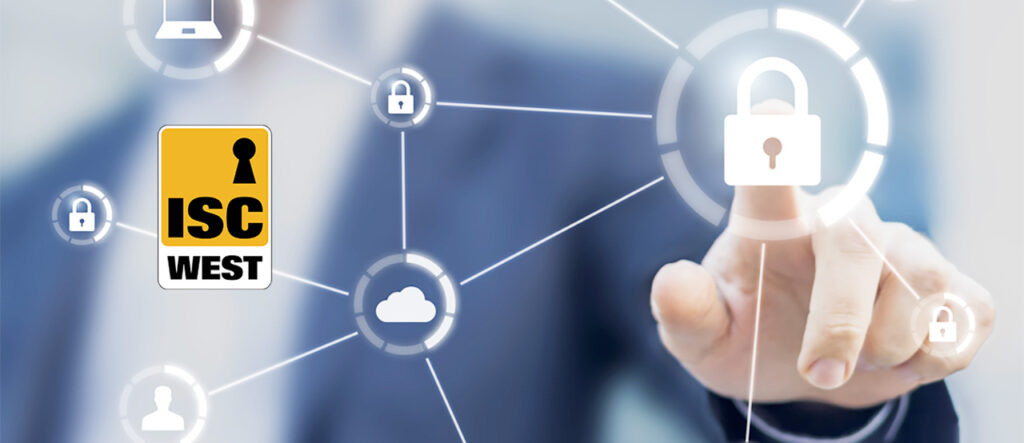
Anticipating the Next Smart Security
Ended soon
As the IoT revolution continues to embed smart features into homes and buildings of every kind, the role that security plays in these deployments is shifting dramatically. Control and alert technologies are becoming increasingly sophisticated to meet new market demands. The opportunities for next-gen security providers are expanding along with them. With this year’s ISC West Expo approaching, we’re looking forward to seeing how vendors and dealers are rising to these new challenges.
Physical Security
Today’s security applications go well beyond foiling a break-in, but theft deterrence is timelier than ever. The pandemic-fueled “invasion of the porch pirates” has touched an astounding 64% of Americans, with a reported 210 million packages stolen last year. The dramatic uptick in ingress and larceny has created tremendous demand for cameras, video doorbells and other mainstays of the physical security business. Despite all the DIY activity in the sector, there’s a strong future ahead for security professionals. The Bureau of Labor reports that the industry is projected to grow 13.6% until 2029; much faster than average for the total economy.
Next-gen security professionals will need increasing levels of technical savvy to navigate these opportunities. These days, that not only means fluency with sensors and networks, but also audio (voice control) and video (surveillance and telehealth); new safety features such as occupancy sensing and indoor air quality; biometrics for access control; wireless protocol choices and more. The role of the security provider is more complex and knowledge-based than the alarm installer paradigm of old. Training and education will be difference makers in the next physical security markets. We’re eager to see which companies make the investment.
Cybersecurity
Whether it’s a headline about a hacked baby monitor or a commandeered smart speaker, cybersecurity has quickly become as urgent as physical security and the market is demanding answers. By the time of last year’s ISC West, investors had poured $12.2 billion into the space, nearly $2 billion more than the total for all of 2020. At last year’s show, the Security Industry Association (SIA) had only recently announced its new SICC (Security Industry Cybersecurity Certification) program. The certification is the only credential focused specifically on the convergence of cybersecurity and physical security, a flashpoint for today’s security concerns.
SIA will host an hour-long information session about the certification in advance of the show on February 23, and also during the Expo itself on March 23. We strongly encourage industry professionals to consider this important training and learn best practices. There’s some denial, even around the trade, regarding how much of a threat cybersecurity represents to smart home devices. While it’s true that hackers are generally more focused on ransomware than taking over a thermostat, malicious actors aren’t always rational. Not to mention the fact that compromised local devices can lead to larger password theft and worse. Next-gen security professionals will by necessity be wearing a white hat.
New Markets, Old Expectations
The shifts in the industry are following larger market demands for safe, connected environments. New opportunities in telehealth, aging-in-place, remote learning and virtual workspaces, among others, will drive the growth. Expertise and customer service will be the winning formula that creates the relationship and drives retention.
Fortunately, those “products” can be sold by providers of all sizes — local, regional or national. It’s time to stock up.
# # #
